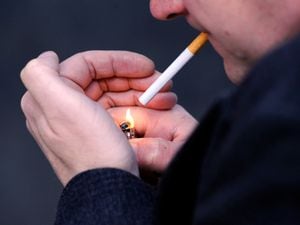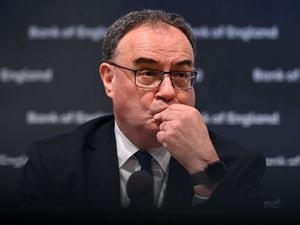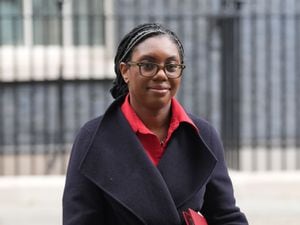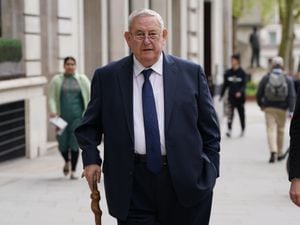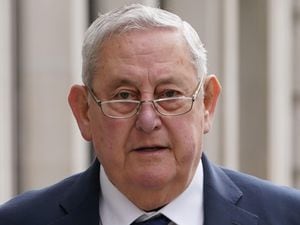Plastic packaging on supermarket shelves cut by a tenth, report shows
Leading retailers and manufacturers have also nearly halved the amount of ‘problematic plastic’ items since 2018, a report found.
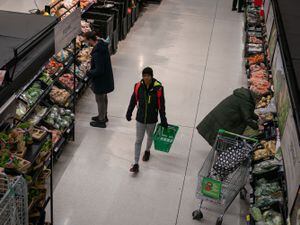
Leading retailers and manufacturers have cut plastic packaging on supermarket shelves by 10% in the past few years, a report has shown.
Members of the “UK plastics pact”, which includes major supermarkets, manufacturers, producers and other companies, have also nearly halved the number of problematic and unnecessary plastic items since 2018, it found.
The amount of recycled content in packaging has doubled to 18% since 2018, the annual report from waste reduction organisation Wrap reveals, and there has been a 70% reduction in components that make packaging hard to recycle.
However, more action is needed to scale up recycling of plastics, Wrap warned.
Members of the pact have signed up to targets by 2025 to eliminate problematic or unnecessary single-use packaging, make 100% of plastic packaging reusable, recyclable or compostable, ensure 70% is recycled or composted, and for 30% recycled content in plastic packaging.
The latest report found the number of items of problematic or unnecessary plastics such as cutlery, plates and bowls, straws and plastic stemmed cotton buds has fallen 46% since 2018.
Some of these items, such as plastic cotton bud stems and plastic straws, have been banned in parts of the UK.
PVC packaging has been cut by 80% but polystyrene packaging – for uses from packaging multi-pack yogurts to white goods – has only been reduced by 3%.
There has been a 10% drop in plastic packaging on supermarket shelves – cutting carbon by 350,000 tonnes, the equivalent of taking 150,000 cars off the road since the pact began in 2018.
Moves range from Morrisons removing plastic bags from bunches of bananas to Nestle UK and Ireland redesigning confectionery sharing bags to use significantly less packaging.
Some 70% of plastic packaging is reusable or recyclable, with 65% recyclable and 5% reusable – with the report calling for more trials and scaling up of pilot projects to make refill services mainstream.
Around half of plastic packaging (52%) is recycled, up from 44% in 2018, the report said.
Stores are rolling out collection facilities for packaging and companies are building plants to reprocess plastic in the UK, although the majority is being sent abroad for processing.
Marcus Gover, Wrap chief executive, said: “The UK plastics pact arose at a time of great public concern about plastic pollution and has been a constant and practical programme for collective change to reset our relationship with plastics.
“Comparing 2020 against 2018, it has shown strong progress against its environmental targets during a period of unmitigated societal upheaval.”
He said the results of reuse and refill trials were “extremely exciting” for how people could shop packaging-free in the future and this year’s “recycle week” marked a record high in people recycling, but warned: “We have a long way to go and little time to make big changes”.
Jo Churchill, Resources and Waste Minister, said: “The UK plastics pact is creating a real sea change and shows how businesses are rising to the challenge of cutting their use of plastic and increasing recycling.”
She acknowledged there was more to do and said the Government was consulting on banning a range of further single-use plastics in England, and would make manufacturers more responsible for their packaging.

